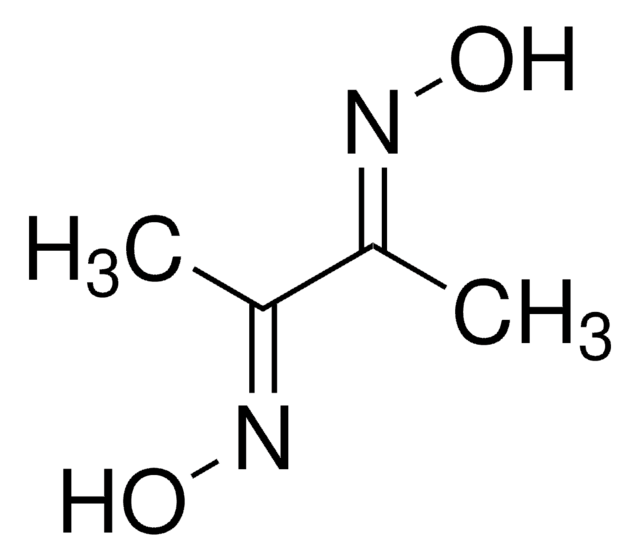202398
Poly(ethylene glycol)
average Mn 400, hydroxyl
Synonym(s):
Polyethylene glycol, PEG
About This Item
Recommended Products
product name
Poly(ethylene glycol), average Mn 400
form
viscous liquid
Quality Level
mol wt
Mn 380-420
average Mn 400
greener alternative product characteristics
Safer Solvents and Auxiliaries
Learn more about the Principles of Green Chemistry.
sustainability
Greener Alternative Product
refractive index
n20/D 1.466
pH
4.5-7.5
viscosity
7.3 cSt(210 °F)(lit.)
mp
4-8 °C (lit.)
density
1.128 g/mL
Ω-end
hydroxyl
α-end
hydroxyl
greener alternative category
SMILES string
C(CO)O
InChI
1S/C2H6O2/c3-1-2-4/h3-4H,1-2H2
InChI key
LYCAIKOWRPUZTN-UHFFFAOYSA-N
Looking for similar products? Visit Product Comparison Guide
General description
Application
Catalyst-free and highly selective electrophilic mono-fluorination of acetoacetamides: facile and efficient preparation of 2-fluoroacetoacetamides in PEG-400
Legal Information
related product
Storage Class Code
10 - Combustible liquids
WGK
WGK 1
Flash Point(F)
Not applicable
Flash Point(C)
Not applicable
Personal Protective Equipment
Choose from one of the most recent versions:
Already Own This Product?
Find documentation for the products that you have recently purchased in the Document Library.
Customers Also Viewed
Related Content
Polyethylene glycol (PEG), also sometimes referred to as polyethylene oxide (PEO), is a condensation polymer of ethylene oxide and water that has several chemical properties that make it useful for biological, chemical and pharmaceutical applications.
Polyethylene glycol (PEG), also sometimes referred to as polyethylene oxide (PEO), is a condensation polymer of ethylene oxide and water that has several chemical properties that make it useful for biological, chemical and pharmaceutical applications.
Polyethylene glycol (PEG), also sometimes referred to as polyethylene oxide (PEO), is a condensation polymer of ethylene oxide and water that has several chemical properties that make it useful for biological, chemical and pharmaceutical applications.
Polyethylene glycol (PEG), also sometimes referred to as polyethylene oxide (PEO), is a condensation polymer of ethylene oxide and water that has several chemical properties that make it useful for biological, chemical and pharmaceutical applications.
Our team of scientists has experience in all areas of research including Life Science, Material Science, Chemical Synthesis, Chromatography, Analytical and many others.
Contact Technical Service


